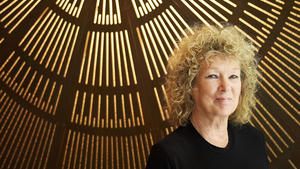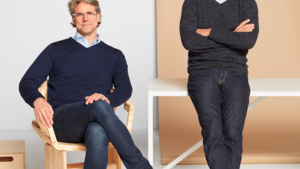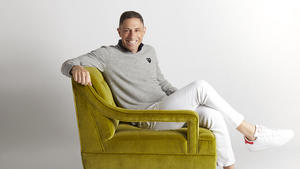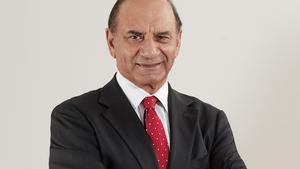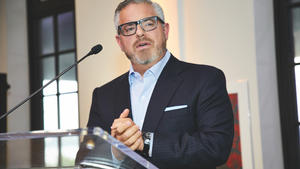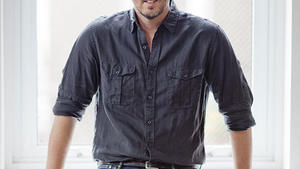Holly Hunt, founder and CEO of her eponymous multi-line showroom and home brand, is today known for her business acumen—the designer sold Holly Hunt Enterprises to Knoll for $95 million, in cash, back in 2014. But in her latest Business of Home podcast, she tells host Dennis Scully that, in her early days, she wasn’t as business savvy.
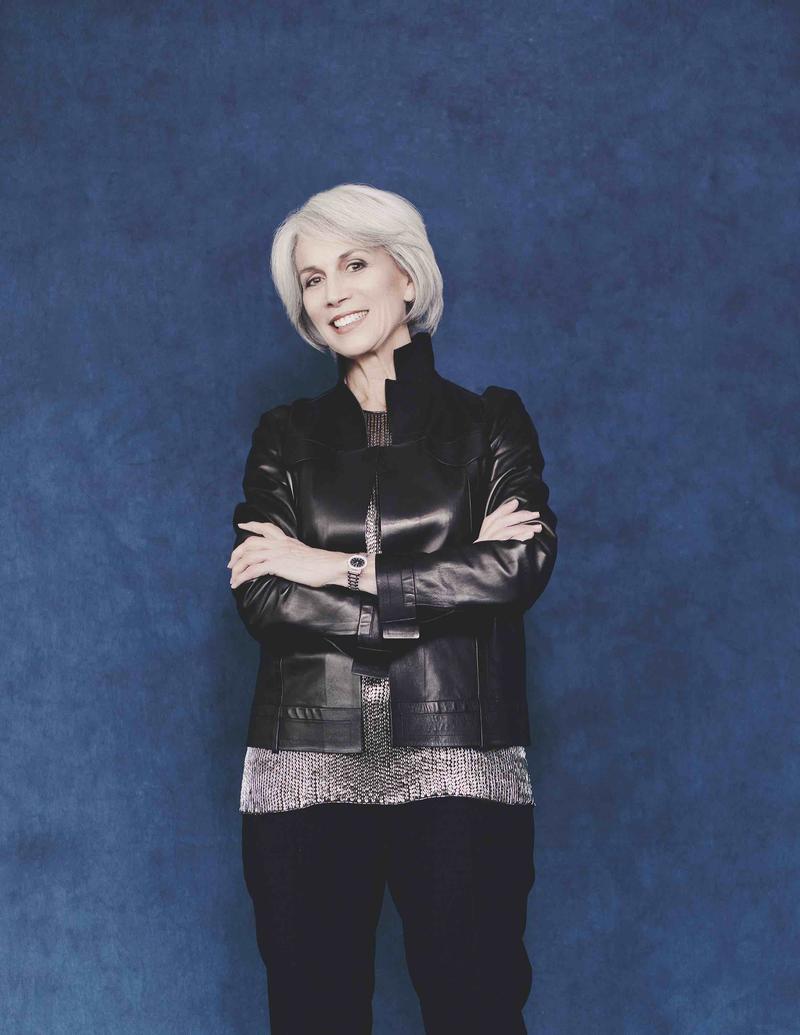
Hunt grew up believing that she would become a fashion designer, having made her first dress in fourth grade using her mother’s sewing machine. “I was always making things, whether it was tulle-ing, a leather bag ... I was always making, drawing and doing artwork.” Hunt, who attended college in her home state of Texas, worked for four years at Foley’s department store in Dallas through an executive training program. It was, she admits, an unusual but perfect fit: “I was an art-and-design, English-major person. I never had a business interest—I didn’t understand business! So I was really very green. But I came out of [retail] so much smarter.”
Hunt eventually married, playing an “instrumental” role with her husband in building a leasing equipment business that rented piggyback trailers to railroads. During their 10-year marriage, Hunt gained experience designing a number of their homes and offices. That experience proved useful; with a divorce imminent, she says, “I had a lot of training for this other career I eventually sort of accidentally got into.”
In 1983, Hunt bought R.J. Randolph, a small showroom business (that carried mainly Carl Springer furniture) in Chicago’s Merchandise Mart; the following year, she changed the company name to her own, and represented designer collections. She expanded—first to Minneapolis, in 1985. A New York showroom at the D&D Building, followed in 1994, and a Washington, D.C., outpost debuted in 1995. (Today, there are 12 Holly Hunt showrooms, with expansions underway.)
“There were a lot of things going on in those years that were developmental. We were just beginning to have showrooms really be important to the better interior designers. Because, historically, most interior designers made most of their own stuff or found antiques,” explains Hunt of her early years in business.
Hunt was also growing her designer representation—producing and marketing Christian Liaigre designs in North America (a partnership that served as a “major turning point” in her business), as well as collections of furniture from John Hutton and Tristan Auer, and lighting from Kevin Reilly and Stefan Gulassa, to name a few.
“I’ve always thought, if your product is right, the money will come. Never worry about the money first. You gotta pay the rent, but other than that, get the right product with the right service, and the money [will] come,” she says. “I would say the service is half the business. Because designers need service, if you’re making custom,” she says, joking: “Sometimes it takes as long to make the piece as it does to have a child!”
While she sold the business to Knoll, a public company, four years ago, Hunt remains highly involved. “One of my objectives is always to have a glimpse around the corner, to know where things are going,” she says. “So you can stay at the top of your game. Always have the best product, presented in the best way.”
What’s next? Expansions to the Los Angeles showroom, in the Pacific Design Center, are on her mind, as is “scaling not only scaling in volume but scaling in quality of what we’re selling, quality in how we’re living, quality in infrastructure,” she says. “That’s the business part. I’m focused on that right now.”
Listen to the full episode, which is sponsored by Fuigo, here:

















